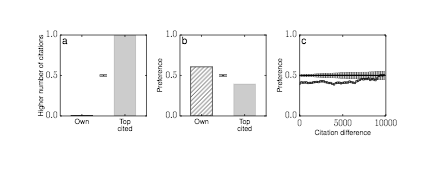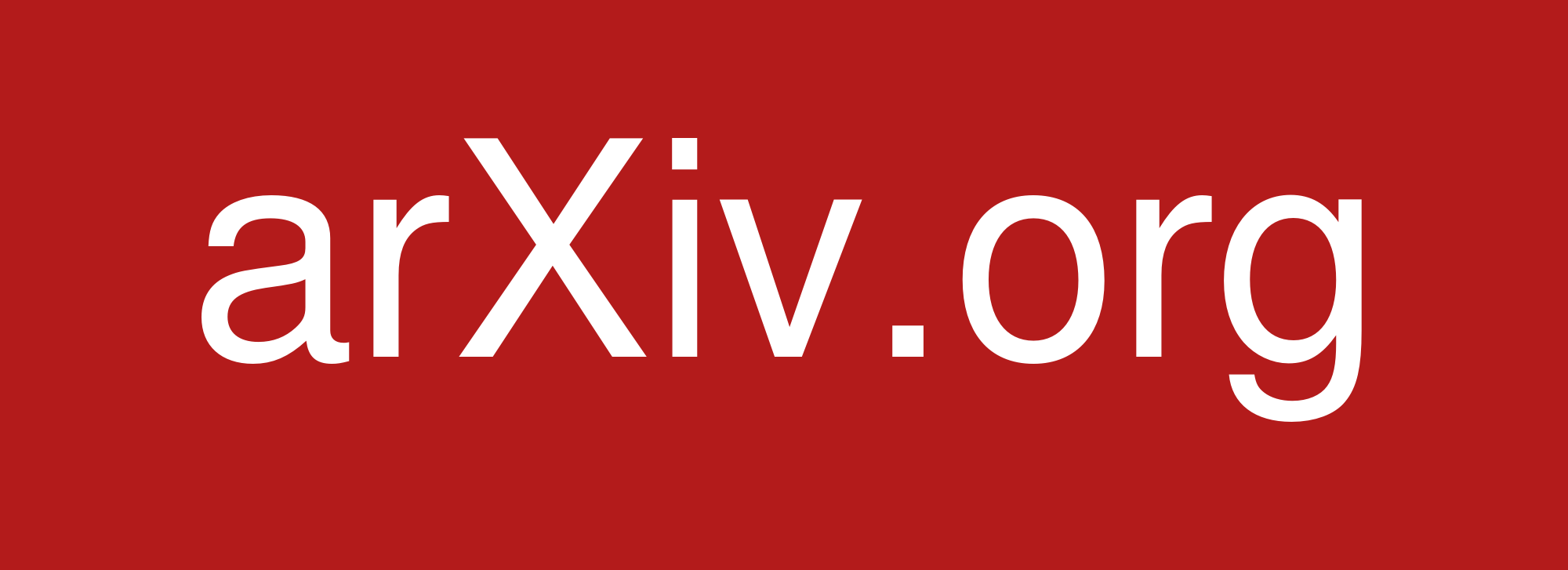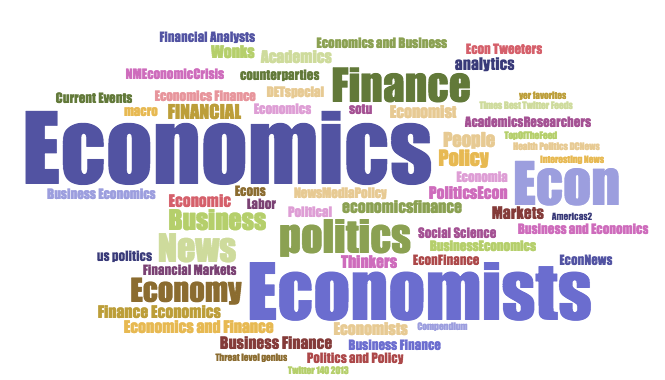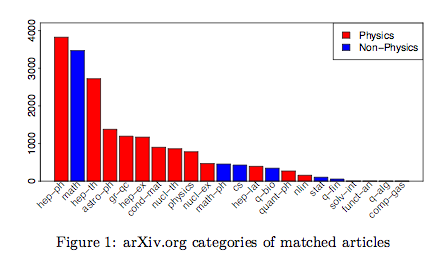Normalization of Zero-Inflated Data: An Empirical Analysis of a New Indicator Family and Its Use with Altmetrics Data
Normalization of Zero-Inflated Data: An Empirical Analysis of a New Indicator Family and Its Use with Altmetrics Data
Proposing and testing a new indicator, the Mantel-Haenszel quotient.




